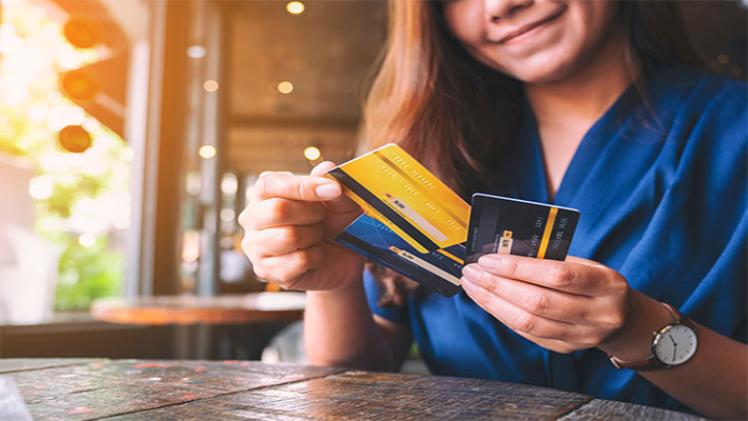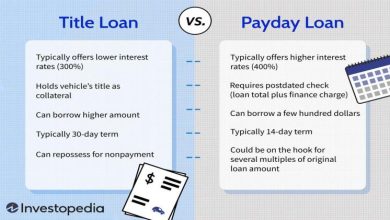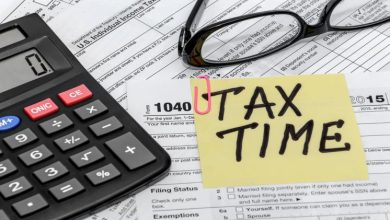What To Do If You Have A Negative Credit Card Balance

If you are reading this, chances are that you have a negative credit card balance. What does this mean? Well, the most common reason people have negative credit card balances is that they didn’t pay their bill in full when it was due. The other reason could be that they paid interest on top of their total purchase amount or for any purchases made after that point in time.
What is a Negative Credit Card Balance?
When you spend more than what you have in your account, and your balance goes into the negative, this is considered a ‘negative’ balance. Most credit cards have a credit limit which acts as the maximum amount of money that can be spent on a card at any given time.
For instance, if your credit limit is $1,000 and you charge $200 on top of that amount, then your monthly balance would be $2,000 ($1,000 + $200 = total). Suppose this happens consistently over several months or years on only one card with an increased limit allowed by each creditor. Eventually, this could lead to trouble when some creditors may refuse to increase their limits further due to past negative balances on other cards being charged off without resolution.
Why Does This Happen?
There are a few possible reasons you might have a credit card negative balance. You could have used the card, and your next bill shows that you owe more than previously. This is because interest on unpaid amounts can add up quickly if left unpaid for long periods of time.
Another reason why this could happen is because of a late payment or insufficient funds charge (NSF). Late payments are charged at the same rate as purchases, while NSF fees often range from $30-$35 per incident, depending on the bank or credit union that issued the card to you.
What Should I Do?
If you have a negative credit card balance, it is important not to panic. Do not make any new purchases or charges on your credit card because this will only add more debt to your balance. You also shouldn’t try to pay off the entire balance in one go; doing so will hurt your credit score and raise fees for future purchases on that card. Also, it won’t impact your credit score. As per the experts at SoFi, “And if you’re concerned, a credit card negative balance could impact your credit score, don’t fret — it won’t. Credit scoring models generally treat negative credit card balances as the equivalent of a $0 balance.”
Instead of panicking, focus on paying off the negative balance as quickly as possible by making small payments every month until the debt is paid off in full. If you cannot pay off this debt soon enough or if it continues growing over time (which can happen if there are interest charges associated with carrying a negative balance), then consult an expert for help finding a solution that works best for you.
If you have a negative credit card balance, don’t worry! It happens to the best of us. If you find yourself in this situation, remember that the important thing is to keep an eye on your spending and try not to overspend next month (or anytime). You can also talk with your bank or credit card company about what they can do for you if they offer negative balance protection.




